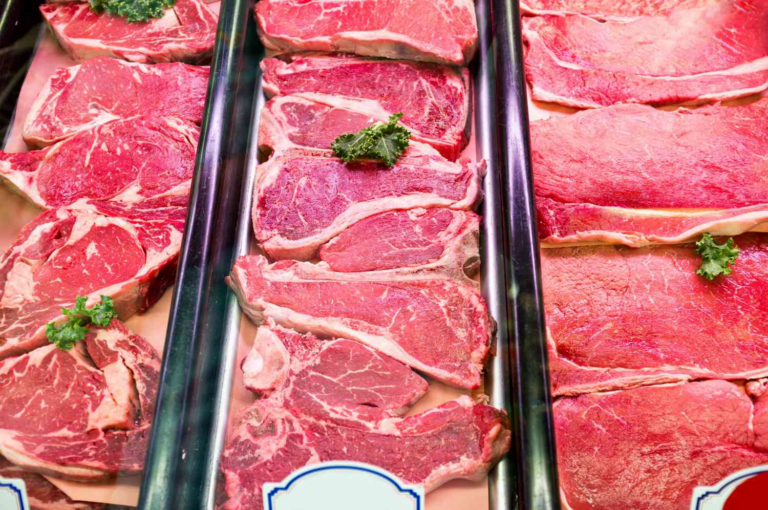The Beef Industry: Challenges and Sustainability Solutions

The beef industry plays a pivotal role in global food systems, providing a significant source of protein and livelihoods for millions. However, the industry faces multifaceted challenges, ranging from environmental impact and resource use to concerns about animal welfare and consumer health. In the quest for sustainability, various solutions are being explored to address these challenges and create a more resilient and responsible beef industry.
1. Environmental Impact:
Challenge: The environmental impact of the beef industry, including deforestation for pastureland and methane emissions from cattle, contributes to climate change and biodiversity loss.
Solution: Implementing sustainable land management practices, such as rotational grazing and agroforestry, can help mitigate deforestation. Additionally, advancements in feed efficiency and dietary supplements can reduce methane emissions from cattle.
2. Resource Use:
Challenge: The beef industry requires substantial resources, including water, land, and feed. The intensive use of these resources can strain ecosystems and contribute to water scarcity and soil degradation.
Solution: Efforts to improve resource efficiency in beef production include optimizing feed formulations, adopting water-saving technologies, and promoting sustainable land management practices. These measures aim to minimize the industry’s ecological footprint.
3. Animal Welfare:
Challenge: Concerns about the welfare of animals in the beef industry have sparked debates about the ethical treatment of cattle, particularly in concentrated animal feeding operations (CAFOs) or feedlots.
Solution: Advocates for animal welfare are pushing for more humane conditions in beef production, promoting practices such as free-range grazing, improved living conditions, and reduced use of antibiotics. Certifications and labeling standards are emerging to guide consumers toward more ethically produced beef.
4. Antibiotic Use:
Challenge: The use of antibiotics in livestock, including beef cattle, has raised concerns about antibiotic resistance and its implications for human health.
Solution: The beef industry is exploring alternatives to routine antibiotic use, emphasizing preventive health measures, and adopting responsible antibiotic stewardship practices. This includes the development of vaccines, probiotics, and other strategies to promote animal health without relying heavily on antibiotics.
5. Consumer Health Considerations:
Challenge: Consumer concerns about the health impacts of red meat consumption, including associations with heart disease and certain cancers, have prompted a shift in dietary preferences.
Solution: Promoting leaner cuts of beef, providing clear nutritional information, and diversifying protein sources are strategies to address health concerns. The industry is also exploring innovations such as plant-based meat alternatives to offer consumers more choices aligned with their health goals.
6. Alternative Proteins:
Challenge: The rise of alternative protein sources, including plant-based and lab-grown meats, poses a competitive challenge to traditional beef producers.
Solution: Some beef producers are diversifying their portfolios by investing in alternative protein ventures. Additionally, the industry is exploring ways to improve the sustainability of traditional beef production to remain competitive in an evolving market.
7. Technology and Innovation:
Challenge: The beef industry faces the challenge of adopting modern technologies to improve efficiency while balancing traditional farming practices.
Solution: Precision agriculture, data analytics, and other technological advancements are being integrated into beef production to enhance efficiency, reduce waste, and optimize resource use. Innovations such as blockchain are also being explored to improve transparency in the supply chain.
8. Consumer Education and Awareness:
Challenge: Consumers may lack awareness of the complexities and challenges faced by the beef industry, leading to misconceptions and criticism.
Solution: Increased transparency in labeling, educational campaigns, and initiatives to showcase sustainable practices in the beef industry can enhance consumer understanding and foster support for responsible and ethical beef production.
In conclusion, addressing the challenges facing the beef industry requires a comprehensive and collaborative approach. Sustainable solutions involve a combination of technological innovations, changes in production practices, and consumer education. By navigating these challenges, the beef industry can work towards a more sustainable future that balances environmental stewardship, animal welfare, and the nutritional needs of a growing global population.



